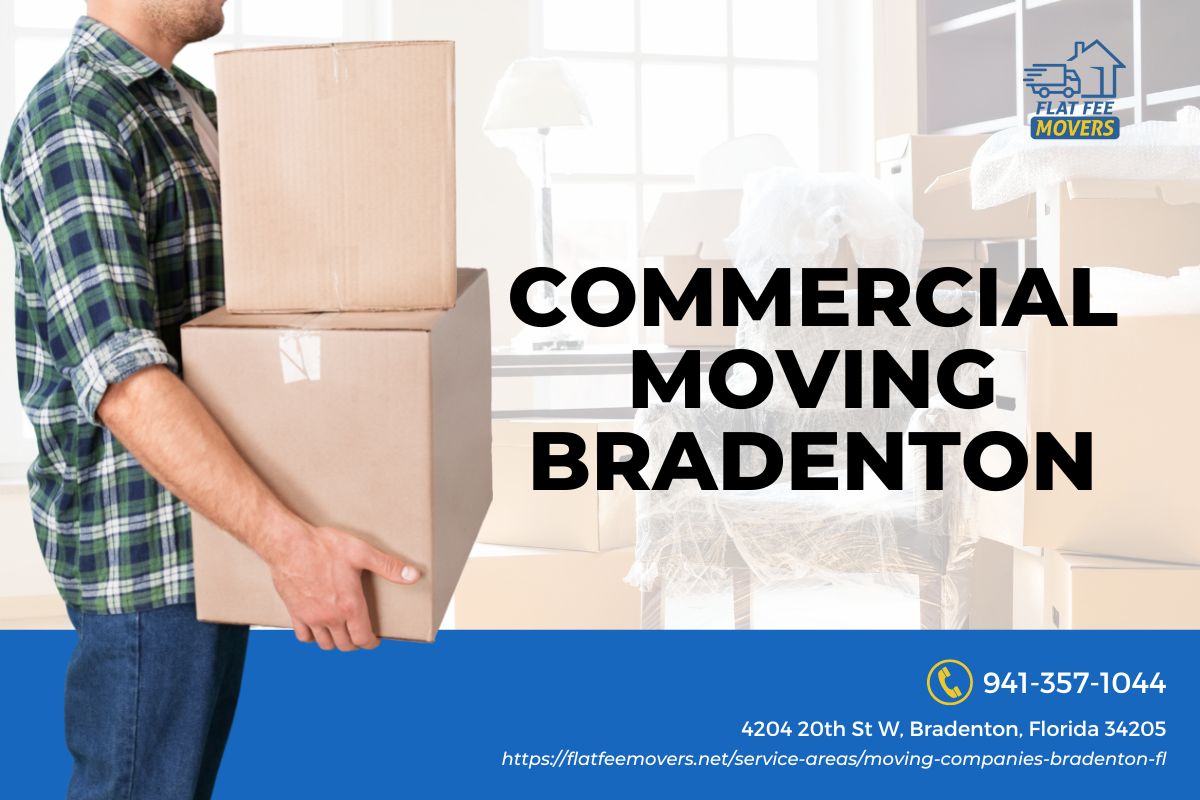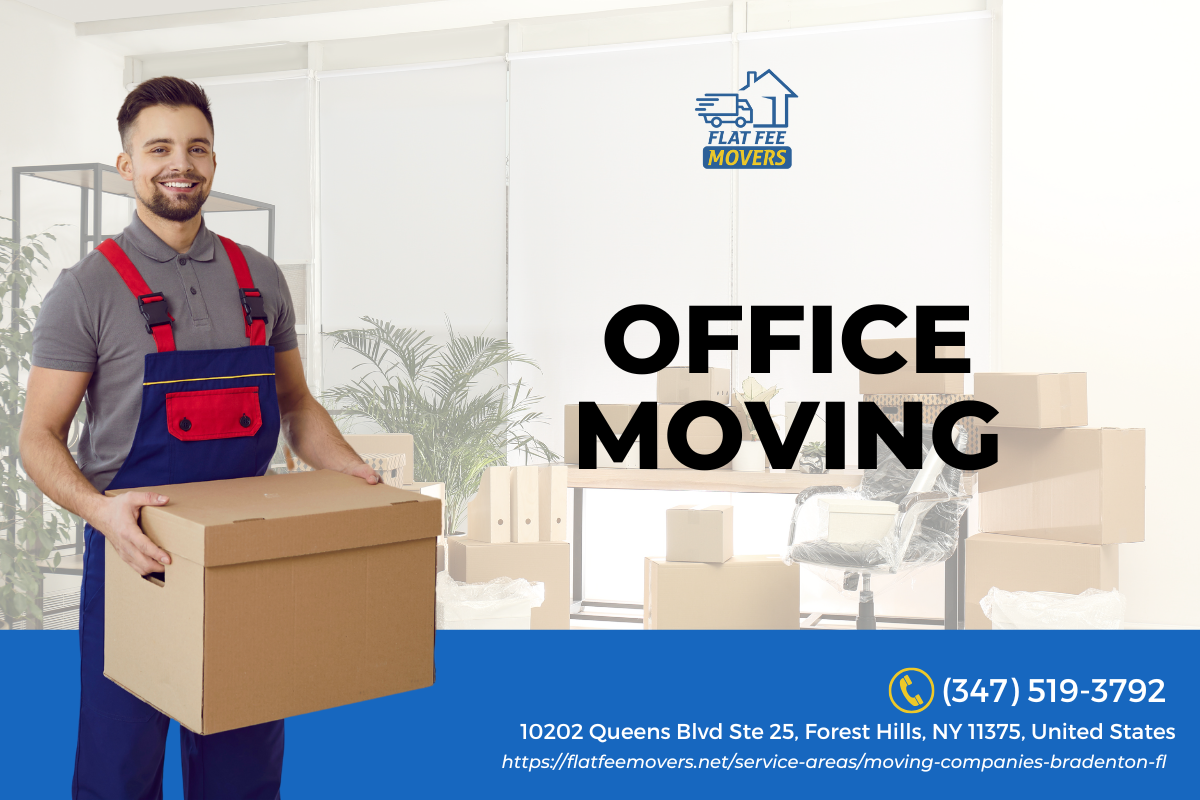
Tips for Reducing Costs During a Commercial Move

Moving your business to a new location can be an exciting, but also a costly endeavor. From hiring commercial movers to packing up all your office supplies, the expenses can quickly add up. However, with some careful planning and strategic decision-making, you can significantly reduce the costs associated with a commercial move. In this article, we will provide you with valuable tips and insights on how to save money during your next office relocation.
Introduction
Relocating a business requires careful consideration of both time and money. It is essential to minimize disruptions to your operations while also keeping costs in check. By following these tips for reducing costs during a commercial move, you can ensure a smooth transition without breaking the bank.
Tips for Reducing Costs During a Commercial Move
1. Start Planning Early
One of the most crucial steps in reducing costs during a commercial move is to start planning early. Give yourself ample time to research and compare different commercial moving companies in your area such as Commercial Movers Bradenton. By doing so, you can secure competitive quotes and potentially negotiate better rates.
2. Declutter and Organize
Before you begin packing, take the time to declutter and organize your office space. Get rid of any unnecessary items or equipment that you no longer need or use. This will not only save you money on packing materials but also reduce the overall weight and volume of items that need to be moved.
3. Create an Inventory List
Developing a comprehensive inventory list is crucial for minimizing costs during a commercial move. Take stock of all your office supplies, furniture, and equipment. This will help you determine what needs to be moved, what can be sold or donated, and what can be replaced at the new location.
4. Research Moving Companies
When it comes to selecting a commercial moving company, don't settle for the first one you come across. Take the time to research and compare different options, such as Commercial Moving Company Bradenton. Look for companies that have experience in commercial moves and positive customer reviews. Request quotes from multiple providers to ensure you are getting the best value for your money.
5. Negotiate Rates
Don't be afraid to negotiate rates with your chosen moving company. Many providers are open to price adjustments, especially if you are flexible with your moving dates or willing to bundle services. Remember, it never hurts to ask for a better deal, so don't shy away from negotiations.
6. Pack Smartly
When it comes to packing, be strategic to save on supplies and labor costs. Invest in sturdy boxes that can be reused or consider renting plastic bins instead of purchasing cardboard boxes. Label each box clearly to ensure efficient unpacking at the new location. Additionally, encourage employees to pack their own workstations to minimize labor expenses.
7. Utilize Employee Assistance
Enlist the help of your employees during the packing and moving process. This can significantly reduce labor costs associated with hiring additional movers or packers. Assign specific tasks to each team member and provide clear instructions on how items should be packed and labeled.
8. Consider Self-Moving Options
In some cases, self-moving may be a viable option for reducing costs during a commercial move. If you have a small office space or minimal equipment, renting a truck and handling the move yourself can be a cost-effective solution. However, make sure you have enough manpower and resources to complete the move efficiently.
9. Take Advantage of Tax Deductions
Moving expenses related to business relocations may be tax-deductible in some cases. Consult with a tax professional or accountant to understand what expenses qualify for deductions and how they can offset your overall relocation costs.
10. Notify Vendors and Suppliers
Don't forget to notify your vendors and suppliers about your upcoming move. Inform them of your new address and any changes in shipping or delivery instructions. This will ensure a smooth transition and minimize any disruptions to your supply chain.
FAQs
1. How much does it cost to hire commercial movers?
The cost of hiring commercial movers can vary depending on factors such as the distance of the move, the size of your office space, and additional services required. It is best to request quotes from multiple providers to get an accurate estimate.
2. Can I negotiate rates with commercial moving companies?
Yes, it is possible to negotiate rates with commercial moving companies. Many providers are open to price adjustments, especially if you are flexible with your moving dates or willing to bundle services.
3. What should I do with items I no longer need?
Before the move, take the time to declutter and organize your office space. Sell or donate any items or equipment that you no longer need or use. This will reduce both packing materials and the overall volume of items that need to be moved.
4. Are there tax deductions available for business relocations?
In some cases, moving expenses related to business relocations may be tax-deductible. Consult with a tax professional or accountant to understand what expenses qualify for deductions and how they can offset your overall relocation costs.
5. Should I involve my employees in the packing process?
Yes, involving your employees in the packing process can help reduce labor costs associated with hiring additional movers or packers. Assign specific tasks to each team member and provide clear instructions on how items should be packed and labeled.
6. Is self-moving a cost-effective option for commercial moves?
Self-moving can be a cost-effective option for small office spaces or minimal equipment. However, make sure you have enough resources and manpower to complete the move efficiently.
Conclusion
Moving your business to a new location doesn't have to break the bank. By following these tips for reducing costs during a commercial move, you can save money while ensuring a smooth transition. Start planning early, declutter and organize your office space, research and negotiate rates with moving companies, and involve your employees in the process. Remember to take advantage of tax deductions and notify your vendors and suppliers about the move. With careful planning and strategic decision-making, you can achieve a cost-effective commercial move.